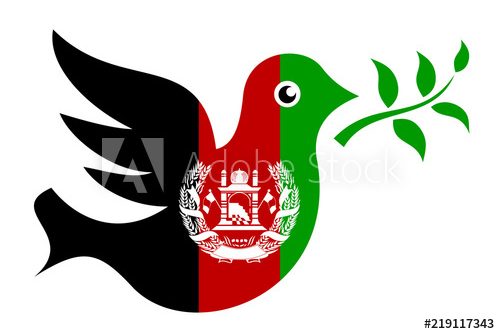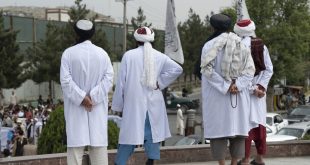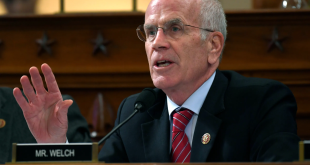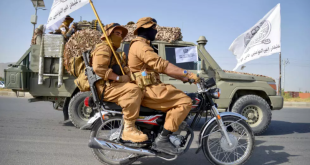By Dr. Zia Nezam
The strongest desire of the Afghan people after forty years of war and the killing of untold innocent people is peace and safety. US-Taliban negotiations, it is reported, have made significant advances toward agreeing a workable peace accord. By all accounts, the majority of the Taliban and the American people, like Afghans, eagerly want peace in Afghanistan.
Since the rounds of peace talks began, Afghans have awaited positive results from the dialogue. The Afghan people’s greatest fear is a return to a Taliban “emirate” regime. Taliban rule before meant a loss of democratic values, such as elections and freedom of speech; democratic values were non-existent under their rule. Even more destructive to the modernizing Afghan society was the total subjugation of women. The Taliban denied half the population access to education, work outside the home, and all participation in public life. Any peace agreement that hints at a return to the brutal circumstances of the Taliban rule is meaningless. A regression or attempt at rolling back the last nineteen years of national social development, albeit imperfect and still uneven, can not be accepted.
For a lasting peace – a peace that can endure, we must preserve the gains and progress achieved in the two decades since the ill-conceived Taliban experiment. Whether poor or rich, Afghans are in the 21st century and a century from colonial dictates. In the post-Taliban nineteen years, our diverse country has advanced in national unity and cohesiveness, aided by advanced technology and electronic advancements nation-wide. Internet access exists for the vast part of the country.
We are not the Afghanistan of 1996, which marked the beginning of the five-year Taliban reign the world condemned. In 2019 Afghanistan has universities, academies, scores of television and radio stations, hundreds of newspapers, and a strong civil society. Our broad-based civil society encompasses, for example, women’s rights groups, environmental and literacy campaigns, and political parties. A radical minority regime as was Taliban’s, cannot today impose its will on our much more knowledgeable population.
Afghanistan is celebrating one-hundred years of independence, of women’s emancipation, and our first constitution. A century ago we established a constitutional monarchy and made other reforms. In the modern era we had a “Decade of Democracy” from 1963 to 1973. Afghanistan triumphed over communism and a war with Soviet invaders, chaos, and Taliban terrorism. In 2001, Afghanistan rose again from the ashes, ruins, and bloody despotism.
Today we urgently need to be shown a clear US-Taliban peace accord without ambiguities or in a rush. The first step of deal must be a cease-fire or suspension of fighting. With such a deal, Taliban and the elected Afghan government can negotiate some kind of compromise that would allow the integration of disarmed Taliban members into Afghanistan’s elective democracy.
The writer is former Afghan Ambassador to Vienne, Brussels and Rome, and could be reached at [email protected]
 Afghanistan Times
Afghanistan Times




